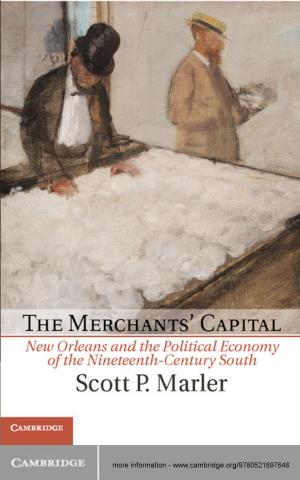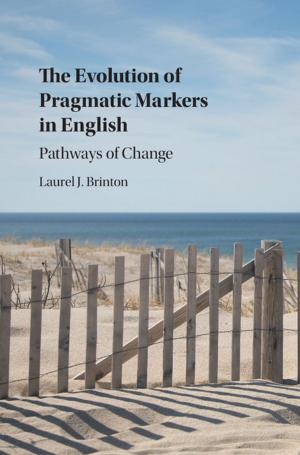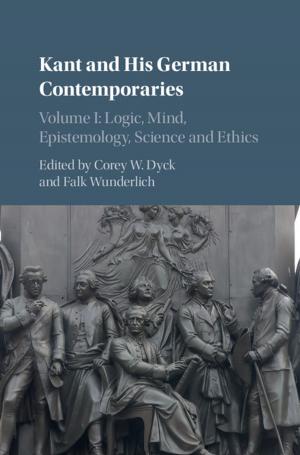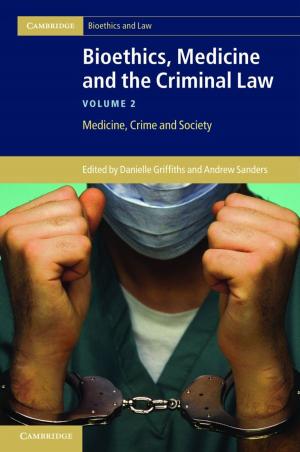Antarctica in Fiction
Imaginative Narratives of the Far South
Fiction & Literature, Literary Theory & Criticism, British, Nonfiction, History| Author: | Dr Elizabeth Leane | ISBN: | 9781139411639 |
| Publisher: | Cambridge University Press | Publication: | June 29, 2012 |
| Imprint: | Cambridge University Press | Language: | English |
| Author: | Dr Elizabeth Leane |
| ISBN: | 9781139411639 |
| Publisher: | Cambridge University Press |
| Publication: | June 29, 2012 |
| Imprint: | Cambridge University Press |
| Language: | English |
This comprehensive analysis of literary responses to Antarctica examines the rich body of literature that the continent has provoked over the last three centuries, focussing particularly on narrative fiction. Novelists as diverse as Edgar Allan Poe, James Fenimore Cooper, Jules Verne, H. P. Lovecraft, Ursula Le Guin, Beryl Bainbridge and Kim Stanley Robinson have all been drawn artistically to the far south. The continent has also inspired genre fiction, including a Mills and Boon novel, a Phantom comic and a Biggles book, as well as countless lost-race romances, espionage thrillers and horror-fantasies. Antarctica in Fiction draws on these sources, as well as film, travel narratives and explorers' own creative writing. It maps the far south as a space of the imagination and argues that only by engaging with this space, in addition to the physical continent, can we understand current attitudes towards Antarctica.
This comprehensive analysis of literary responses to Antarctica examines the rich body of literature that the continent has provoked over the last three centuries, focussing particularly on narrative fiction. Novelists as diverse as Edgar Allan Poe, James Fenimore Cooper, Jules Verne, H. P. Lovecraft, Ursula Le Guin, Beryl Bainbridge and Kim Stanley Robinson have all been drawn artistically to the far south. The continent has also inspired genre fiction, including a Mills and Boon novel, a Phantom comic and a Biggles book, as well as countless lost-race romances, espionage thrillers and horror-fantasies. Antarctica in Fiction draws on these sources, as well as film, travel narratives and explorers' own creative writing. It maps the far south as a space of the imagination and argues that only by engaging with this space, in addition to the physical continent, can we understand current attitudes towards Antarctica.















